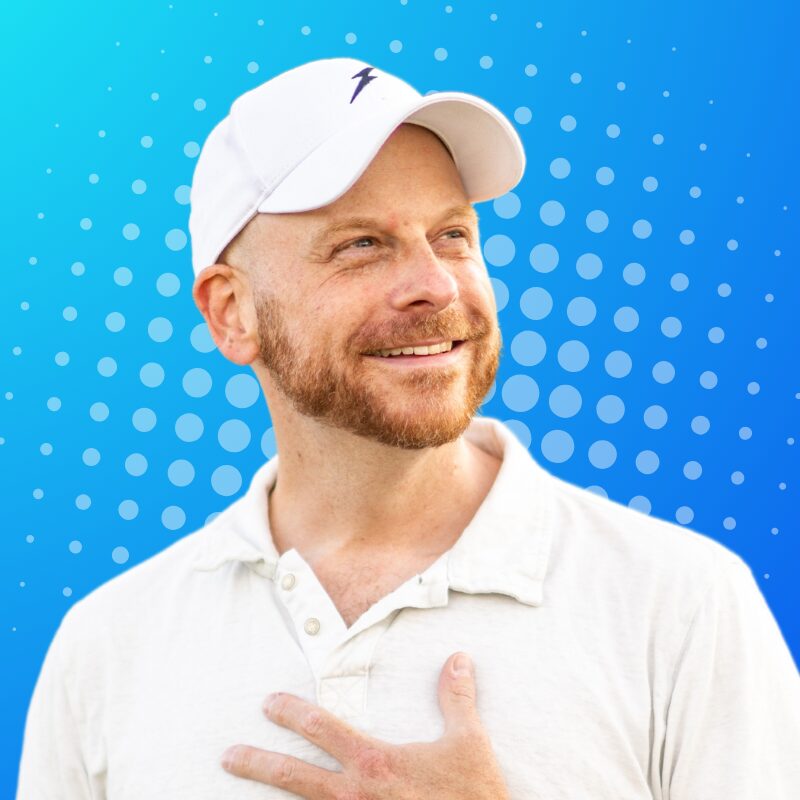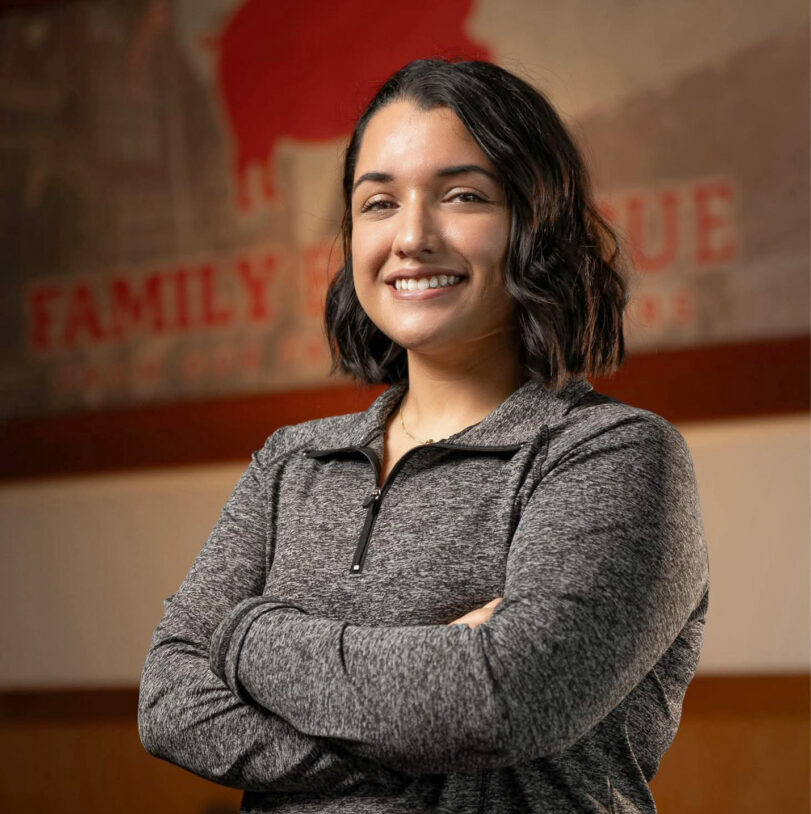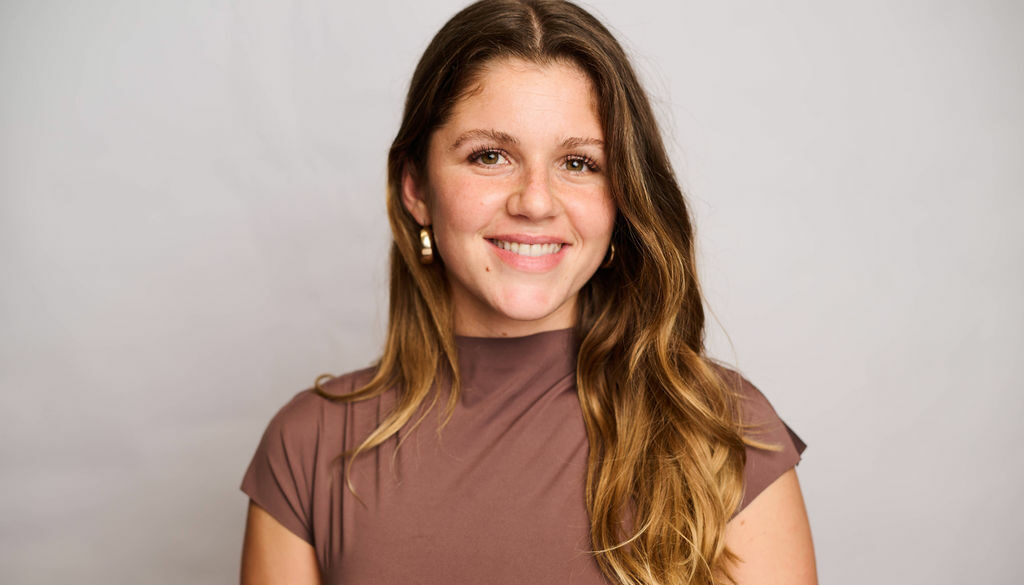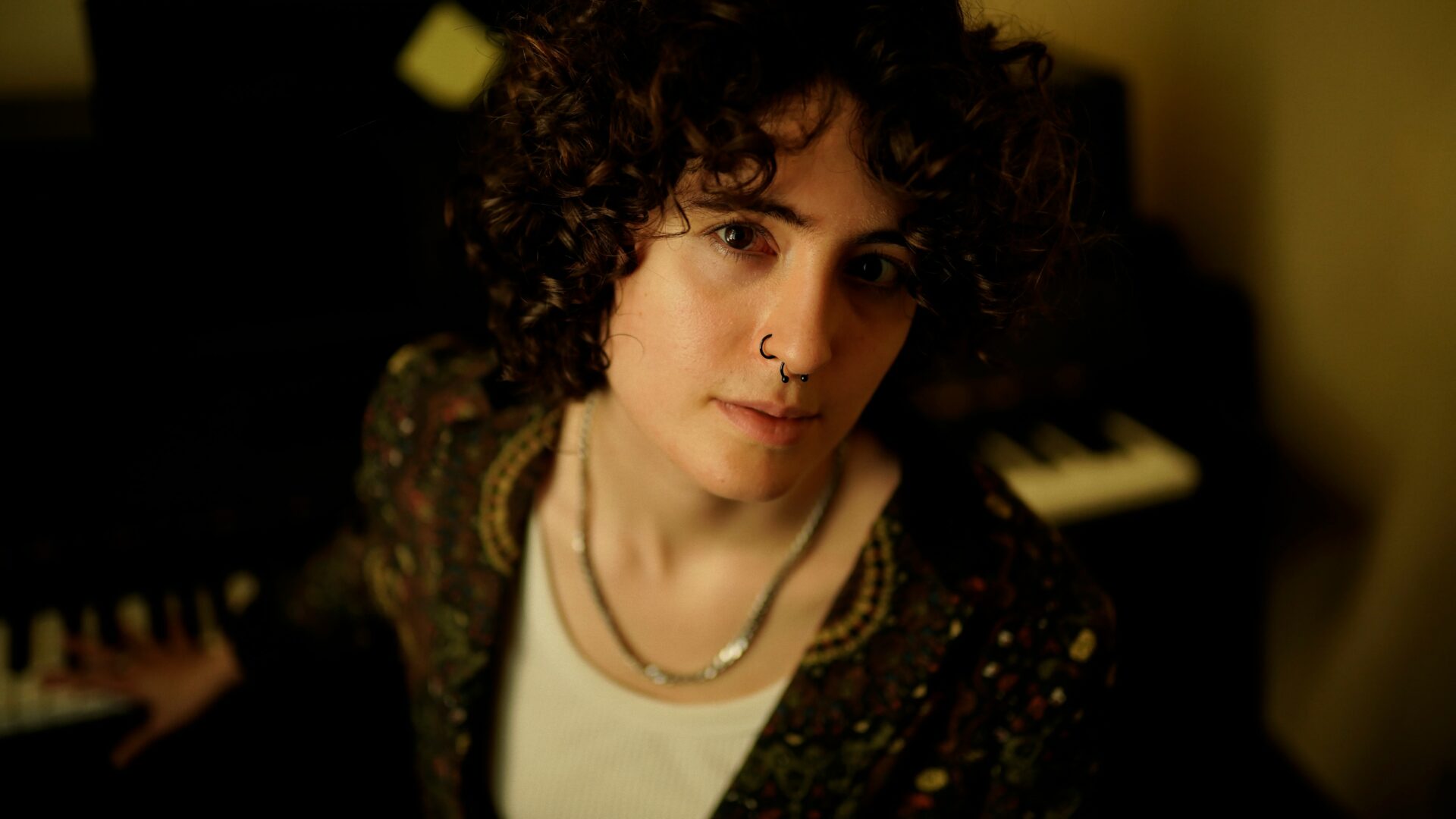We were lucky to catch up with Nicholas Whitaker recently and have shared our conversation below.
Nicholas, so good to have you with us today. We’ve always been impressed with folks who have a very clear sense of purpose and so maybe we can jump right in and talk about how you found your purpose?
I’ve come to realize that purpose isn’t something you find, it’s something you build. It’s not a treasure buried somewhere, waiting to be discovered. Instead, it’s a process of doing aligned work, making intentional choices, and living in a way that reflects your values.
For me, it started with tuning in to what felt misaligned in my life, where I was running on autopilot or living by someone else’s script. By taking small, consistent actions that resonated with who I wanted to become, I began to shape a life and career that felt purposeful. It’s an ongoing process, not a destination.
Through coaching, mindfulness, and even moments of personal struggle, I’ve learned that purpose emerges when we focus less on seeking clarity about ‘what’ we’re meant to do and more on aligning with ‘how’ we want to show up every day.
For me, that means helping others reconnect with themselves, build resilience, and thrive with authenticity.
Purpose isn’t static, it evolves as we do, and that’s what keeps it so alive and meaningful.
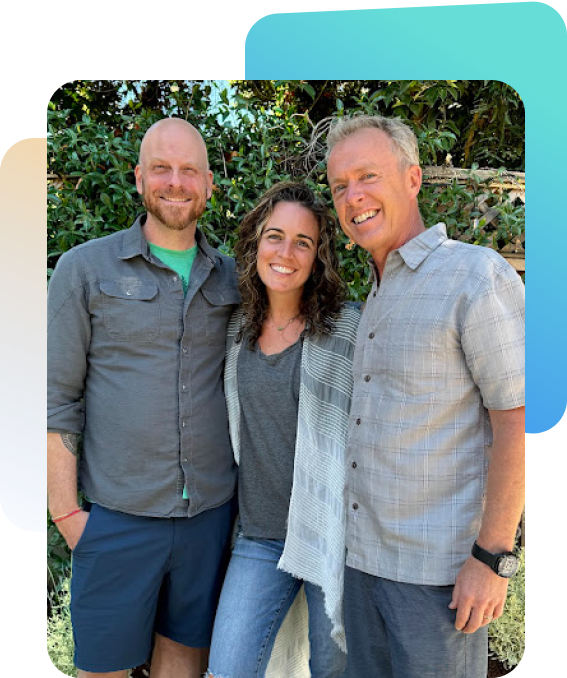
Appreciate the insights and wisdom. Before we dig deeper and ask you about the skills that matter and more, maybe you can tell our readers about yourself?
I’m Nicholas Whitaker, and my professional journey is all about empowering people to reconnect with themselves and lead with authenticity, self-awareness, and compassion. Through my coaching practice and as co-founder of the Changing Work Collective, I help high performers and leaders navigate the pressures of modern work and life, guiding them toward alignment with their values, clarity in their purpose, and a more sustainable way of thriving.
What excites me most about this work is its transformative potential. I’ve seen people go from burnout and misalignment to rediscovering their energy, reclaiming their time, and making courageous changes that ripple out to their teams, communities, and families. It’s not just about career success—it’s about living and leading in a way that feels meaningful and impactful.
One thing that makes my work unique is the integration of evidence-based mindfulness practices, conscious leadership principles, and nature-based experiences. As a certified mindfulness facilitator and Awake in the Wild apprentice, I guide people in cultivating self-awareness, resilience, and balance. I’m particularly excited about upcoming silent meditation retreats I’ll be hosting in nature, designed to help people unplug and find clarity amidst the beauty of the natural world.
Through the Changing Work Collective, I’m also building a community of like-minded individuals who believe in reshaping how we work, lead, and live. This includes creating resources, frameworks, and shared spaces for professionals and leaders who want to integrate conscious business practices into their work and organizations.
On a personal note, I’m passionate about storytelling and sharing my journey to inspire others. Whether it’s through my podcast, Needs Improvement, or co-authoring Leading with Self-Awareness: Starting from the Inside Out, I aim to spark conversations about workplace mental health, values alignment, and the power of compassion in leadership.
There is so much advice out there about all the different skills and qualities folks need to develop in order to succeed in today’s highly competitive environment and often it can feel overwhelming. So, if we had to break it down to just the three that matter most, which three skills or qualities would you focus on?
Looking back, three qualities have been pivotal in shaping my journey:
1. Self-Awareness
Self-awareness has been the foundation of every meaningful step I’ve taken. It’s about understanding not just what you want to achieve, but why and being honest about your values, boundaries, and blind spots.
Developing this took time and intention. I immersed myself in mindfulness practices, journaling, and seeking feedback from trusted mentors, coaches and therapists
Advice: Start small. Spend 5–10 minutes daily reflecting on your experiences and emotions, what energizes you, what drains you, and why. If possible, work with a coach or mentor who can help you uncover insights you might not see on your own.
2. Adaptability
Change is constant, and my ability to pivot, whether from corporate work to entrepreneurship or through personal challenges has been invaluable. Adaptability doesn’t mean having all the answers; it’s about staying curious and open to possibilities, even when things feel uncertain.
Advice: Embrace the mindset of experimentation. Instead of waiting for the perfect plan, take small, intentional steps in the direction of your goals. Treat failures as data, not defeats. they’re some of the best teachers you’ll ever have.
3. Empathy
Empathy has transformed how I connect with others, whether as a coach, leader, or collaborator. It’s not just about listening; it’s about creating space for others to feel seen and heard. This quality has allowed me to build trust, deepen relationships, and create environments where people can thrive.
Advice: Practice active listening in your conversations. Resist the urge to solve or respond immediately, instead, focus on truly understanding the other person’s perspective. Reading widely, especially stories outside your own lived experience, also helps broaden your empathetic lens.
What would you advise – going all in on your strengths or investing on areas where you aren’t as strong to be more well-rounded?
I believe it’s a balancing act, leaning into your strengths while being mindful of your growth edges.
Your strengths are your unique superpowers; they allow you to create impact, find flow, and stand out.
Focusing on them helps you build momentum and confidence, especially when navigating new challenges. For instance, when I started my coaching business, my ability to connect deeply with people and create a safe space for transformation was my greatest asset.
By focusing on this, I quickly built trust with clients and created meaningful impact, which allowed my business to thrive.
At the same time, I realized that ignoring my weaker areas, like marketing, operations, and finances could hold me back. These were essential for scaling my impact, and while they weren’t my natural strengths, I knew I couldn’t ignore them. Instead of trying to master everything, I sought tools, training, and collaborators who could help. This not only improved my skills but also freed me to focus more on what I do best.
To me, it’s about finding balance. I think of it as a 70/30 approach
spending about 70% of your energy honing your strengths and 30% addressing areas of growth.
Your weaknesses aren’t flaws to fix but opportunities to expand your capacity. Growth often happens at the edges of your comfort zone, where you choose to face what’s challenging, not because it’s your favorite thing to do, but because it allows your strengths to shine even brighter.
Ultimately, the goal isn’t to become perfect but to evolve in a way that lets you fully leverage your unique talents while staying adaptable in the face of new challenges.
Contact Info:
- Website: changingwork.org / nicholaswhitaker.com
- Instagram: https://www.instagram.com/coachwithnicholas/
- Linkedin: https://www.linkedin.com/in/nicholaswhitaker/
- Youtube: https://www.youtube.com/@changingwork
- Other: https://www.threads.net/@coachwithnicholas
https://www.linkedin.com/company/changing-work/
https://www.instagram.com/changing_work/
so if you or someone you know deserves recognition please let us know here.

